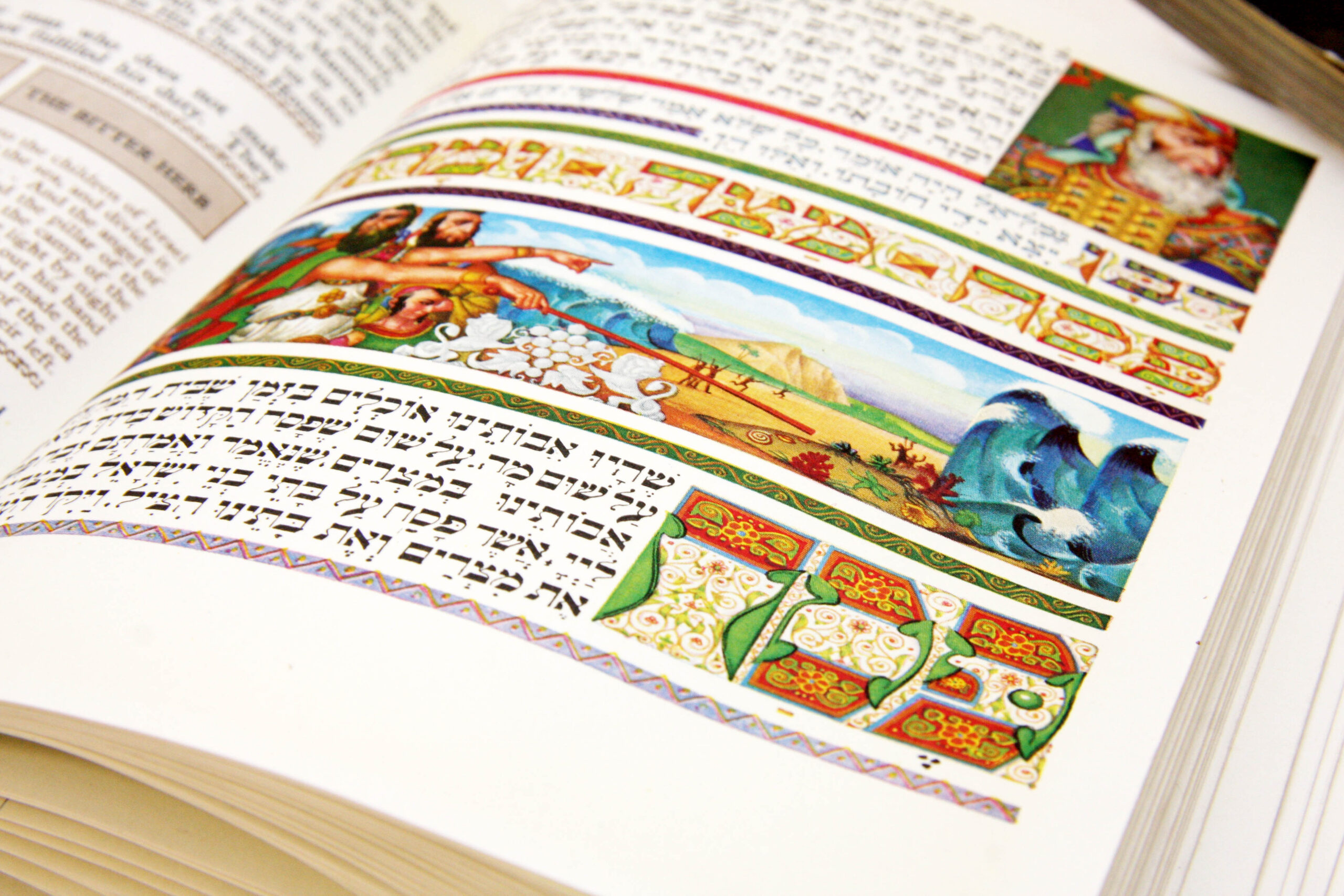
Religion

Exodus narrative still relevant 3 300 years on
As we gather with our families around the seder table this year, we might reflect on a few questions that extend beyond those traditionally found in the haggadah.
What is it that an ancient nation, once enslaved for hundreds of years, is supposed to remember so long after it has been freed? How does the Pesach seder and the celebration of the exodus shape our historical consciousness? And what impact should this event have, commemorated after more than 3 300 years?
At the Passover seder, when we read the texts of the Torah as part of the haggadah, we remind ourselves of the history of our Jewish nation, going all the way back to creation. But far beyond any traditional “history lesson”, the seder has a far deeper meaning. Its design and messages teach that G-d created not only the physical world in which we live, but also instilled in us values, morals, and ethics.
During the seder, we acknowledge that the presence of G-d today is just as relevant as it was thousands of years ago. That G-d is the one who governs the world, just as it appears at the beginning of the ten commandments: “I am the Lord your G-d who brought you out of the land of Egypt, out of the house of bondage.”
The very specific use of those words instils in us the need to remember that the exodus from Egypt happened not by chance or solely as some sort of political or historical development.
Rather we must recognise that our faith is inextricably related to the truth of G-d’s sovereignty and His relevance and influence over every aspect of our lives as believing Jews, with perhaps the penultimate reflection of this truth being the story of leaving Egypt.
This idea is expressed not only during the seder night but also in many commandments which are observed throughout the year that have their roots in the exodus narrative: the redemption of the firstborn, wrapping tefillin, and the various holidays, all of which also serve as remembrances of the exodus from Egypt and that critical linkage between faith and the exodus.
There’s also a deeper meaning to our analysis of the exodus from Egypt. This, too, is reflected in commandments, as every great idea in Judaism isn’t confined to the realm of philosophy but actualised through actions. There are therefore many social commandments that stem from the Egyptian exile and journey to freedom that can also be found in the wording of the ten commandments in the Book of Deuteronomy.
In other words, since we were slaves and we personally experienced the pain and exhaustion of work without rest, without fair conditions, we must provide these things for those who work for us. At a time when slavery was common, this represented a tremendous step forward in societal morality and a profound recognition of our solidarity with others.
This idea is also expressed in the commandments concerning the treatment of the stranger: we, ourselves, were strangers in the land of Egypt, and therefore, we understand the feelings of the foreigner. It is therefore our obligation to behave differently, more ethically, to those who aren’t from our community.
Which brings us back to the questions we asked earlier – what are we remembering and why is it still relevant after all these years?
The lesson is that the Pesach seder cannot be in any way limited to a historical commemoration of the events of our freedom from Egypt, but serves as a reminder of two essential values in Jewish life: our belief in G-d as the creator of the world, and our moral duty to stand in solidarity with the weakest in society.
Each year, at our Passover seder, we renew our covenant with these values – values that are central to leading a meaningful, ethical Jewish life.
- Rabbi Yuval Cherlow is one of the founders of the Tzohar Rabbinical Organisation and the director of the Tzohar Center for Jewish Ethics. He will participate this year in Limmud in South Africa.










